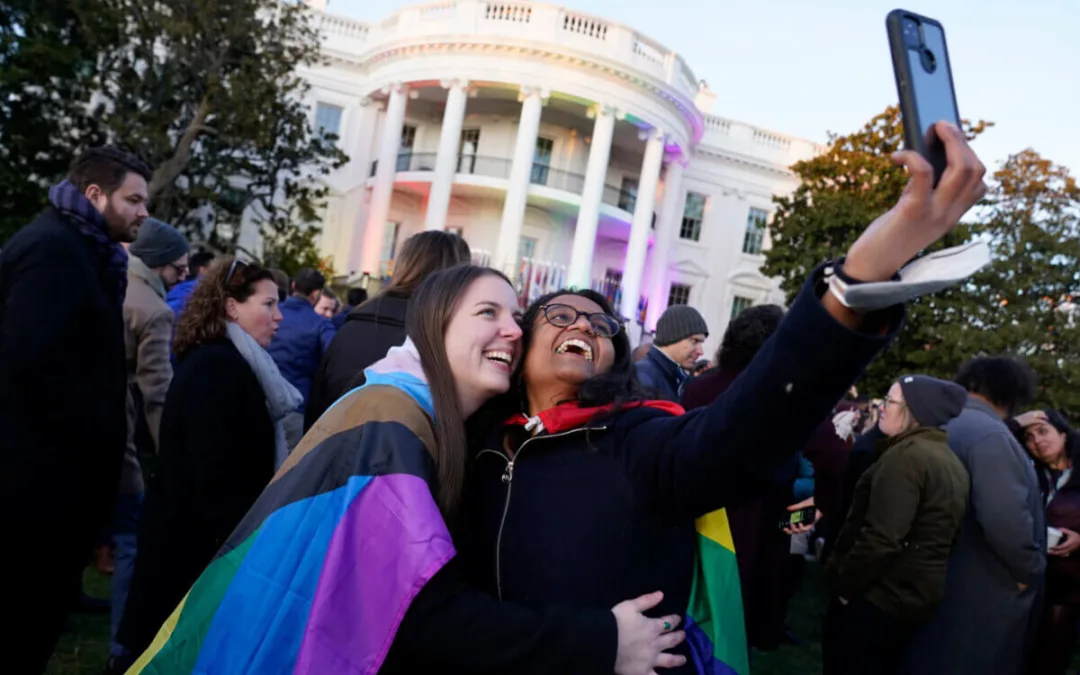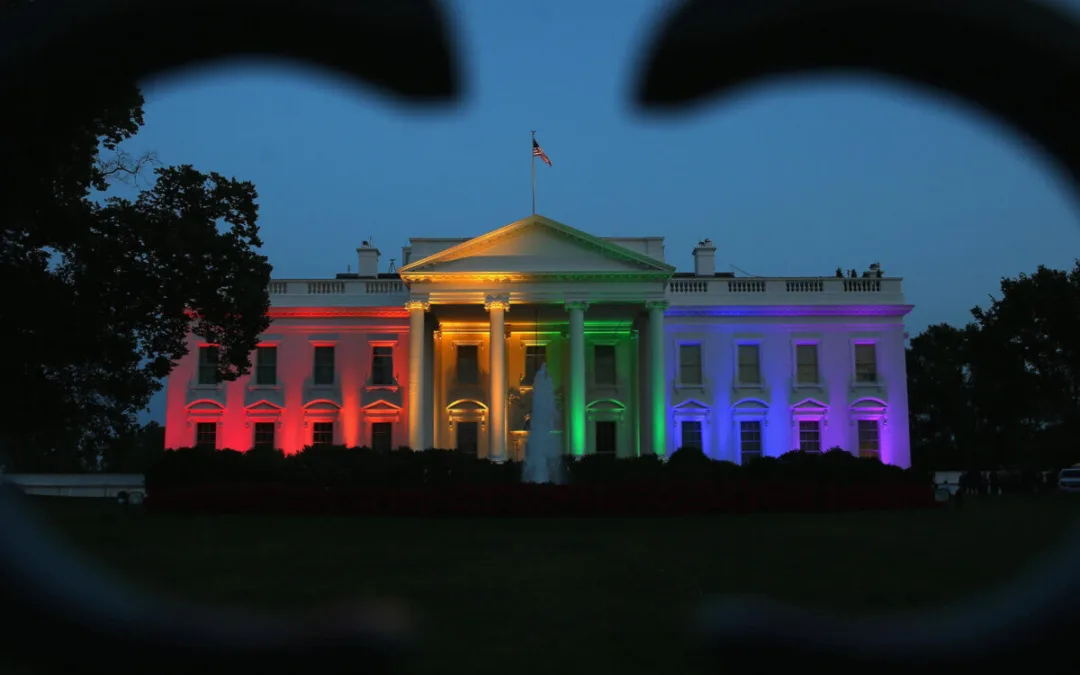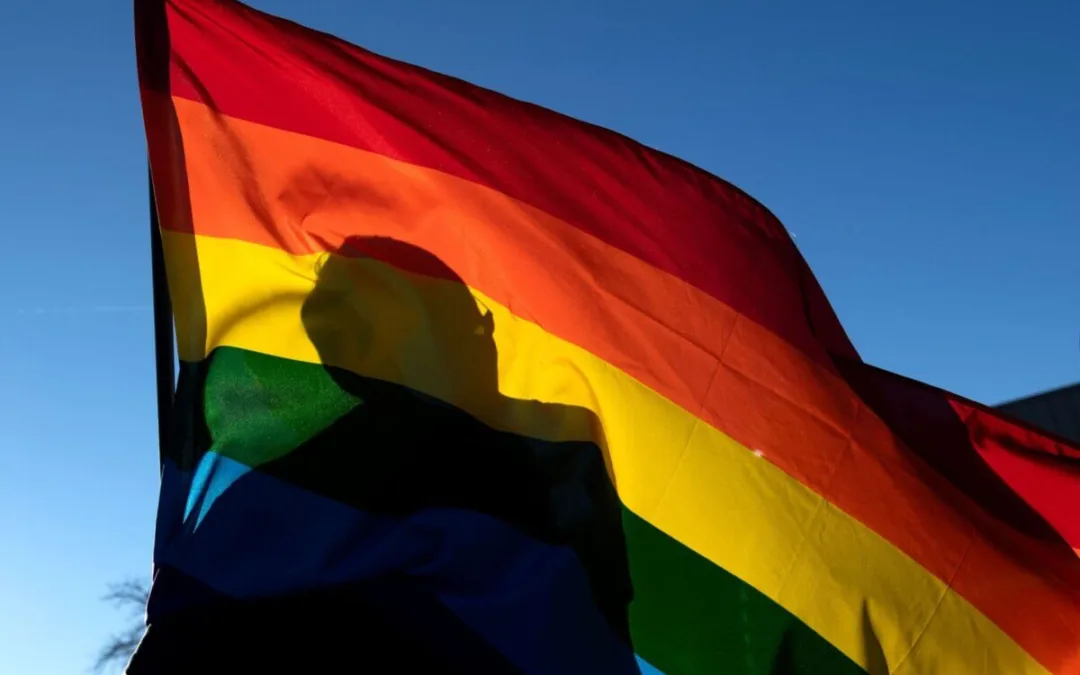
Image via Shutterstock
Experts and activists have proposed gender rights as a solution to the violence afflicting the island but the predominance of conservative values is at odds with the idea.
SAN JUAN—In recent weeks, gender equity has been a hot topic in Puerto Rico, fueled by comments from some of the candidates in the current gubernatorial race.
“Perspectives on gender equity have been historically distorted by conservative groups on the island who take advantage of misinformation to spread their opposition,” Osvaldo Burgos, attorney and spokesperson for the LGBTQ rights organization Comité Amplio para la Búsqueda de la Equidad (CABE), told The Americano.
RELATED: Why The Latino LGBTQ Community Needs You to Vote Out Trump
“If you have a society that doesn’t analyze things with a perspective on gender, it will support power and submission dynamics, particularly against women,” Burgos told The Americano. “This affects the rights of women and the LGBTQ community.”
The level of recent local gender-based violence has alarmed many Puerto Ricans. According to FemicidioPR, an organization that keeps track of the cases based on police reports, 32 women have been murdered this year so far. Also, six transgender women have been murdered, and several women have been reported missing, according to police reports.
While activist groups demand the government declare a state of emergency regarding the situation, experts and activists alike have spent years proposing an island-wide education plan with gender perspective as a way of tackling violence and inequity in Puerto Rico.
“We should take a look at what the United Nations and the World Health Organization have said on the matter, and apply their fundamental principles,” Burgos said.
In 2015, former governor and Popular Democratic Party (PPD, by its Spanish initials) affiliate Alejandro García-Padilla promoted a curriculum that included gender-perspective education within the island’s public school system. In 2017, Ricardo Rosselló, former governor and New Progressive Party (PNP, by its Spanish initials) affiliate, terminated the initiative.
The issue of gender-perspective education has been reignited during the past two debates involving the six candidates for the governor’s chair in the upcoming elections.
When PPD candidate Charlie Delgado Altieri was asked during the Univision Convénceme debate on Sept. 27 if he was for education with a gender perspective, at first he said “no” and later said “yes.”
The day after, the candidate attempted to clarify his statements by posting a video where he referred to the matter as “gender and all those things,” which further fueled the controversy.
Burgos said Delgado exemplifies candidates who “want to look good in everyone’s eyes” and get votes without “articulating equality among human beings.”
“Because he disagrees with the matter, he tries to articulate a speech that seems acceptable to everyone,” Burgos said. “In the end, he gets tangled up in his own words; he stumbles every time he attempts to address these issues.”
Burgos does not believe that politicians are unaware of the gender-equity issue. He thinks their reactions are ways of spreading disinformation.
“It seems to me that Delgado recognizes the issue and knows it’s controversial,” Burgos said. “He doesn’t want to polarize or lose a few votes. That’s why he says yes and then no.”
During the first political debate, Dr. César Vázquez, the gubernatorial candidate for the political party Proyecto Dignidad, stated that gender equity is an “ideology that does not respond to the biological reality of the human race.”
Burgos said political parties make proposals against violence because they know there is interest, but lack the solid foundation to bring forth positive results.
“They are empty proposals,” Burgos explained. “As long as a matter as basic as education including gender perspective is not addressed—education that promotes equity and respect for all human beings regardless of their position in society—everything else is empty space.”
Out of six candidates, Alexandra Lúgaro of the Victoria Ciudadana Movement has been one of the most vocal in supporting the gender perspective. Burgos mentioned Argentina and Nordic countries as examples of places where the gender-equity perspective in education has been implemented with good results. He nonetheless emphasized the importance of not losing these rights once they are in place.
RELATED: Election Anxiety Is Real. Here’s What Can Help.
The lawyer said politicians must aspire to an inclusive country that equally respects the rights of all. He also insisted that those rights should be determined locally.
“We rely a lot on what the Supreme Court of the United States decides; it’s shameful that we have to wait for their decisions to then advance rights on our end,” Burgos said. “We see weaknesses in this dynamic. We’re at the expense of what the Court may decide after [Associate Judge Ruth Bader] Ginsburg’s death. Our system of law is so weak, it puts our acquired rights at risk. We haven’t had the courage to create a purely Puerto Rican law.”
Politics

Teamsters and UPS Reach Tentative Deal to Avoid Strike, 340,000 Workers to Get Raises
The tentative deal represents a huge win for full- and part-time UPS Teamster workers, who would get significant pay raises and better working...



One Republican Senator Is Blocking 265 Military Promotions, Leaving the Marines Without a Confirmed Leader
Sen. Tommy Tuberville's decision means these military officers are not getting the pay raises they’re owed, cannot move their families to wherever...
Local News



Teamsters and UPS Reach Tentative Deal to Avoid Strike, 340,000 Workers to Get Raises
The tentative deal represents a huge win for full- and part-time UPS Teamster workers, who would get significant pay raises and better working...



One Republican Senator Is Blocking 265 Military Promotions, Leaving the Marines Without a Confirmed Leader
Sen. Tommy Tuberville's decision means these military officers are not getting the pay raises they’re owed, cannot move their families to wherever...




